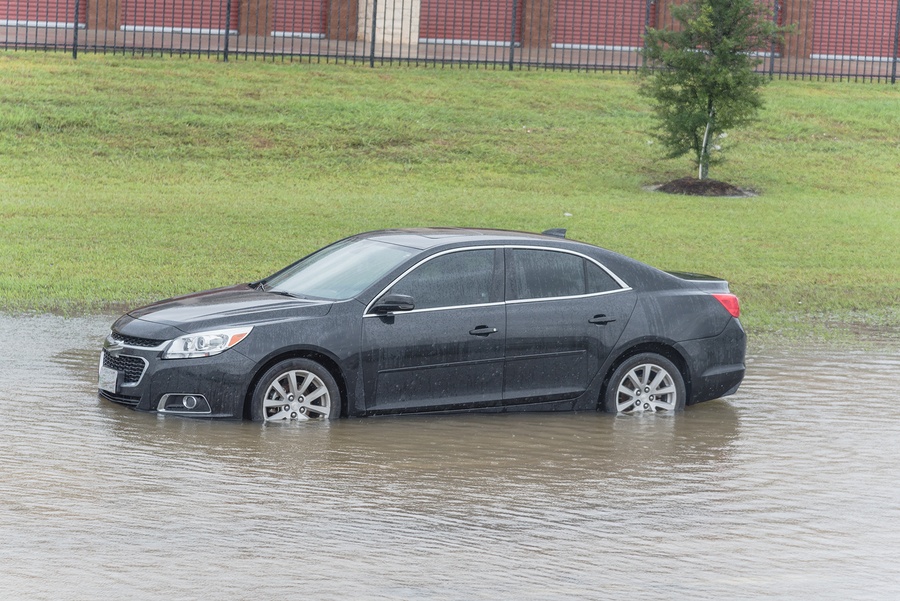
Severe weather—no matter in which form it arrives—presents a serious situation. If you're responsible for the safety of someone besides yourself, such as kids, a partner, or aging parents, storms can be even scarier. It's important to have proper plans in place before devastating events occur.
Here are some weather survival tips you should keep in your pocket to ensure your family stays safe:
Know Your Zone
Every part of the country experiences major disasters of one kind or another. Understand what your climate weaknesses are so you can be prepared when disaster strikes. Common natural disasters include floods, hurricanes, tornadoes, blizzards, earthquakes, and fires
Create a Plan
Depending on the area in which you live or are visiting, your disaster plan could vary quite differently. The details are important, and it's best to work those out with your family far in advance of an actual emergency. In the interim, there are a few weather survival tips everyone should have in their arsenal, no matter which part of the country they live in:
- Batteries & Flashlights. Electricity is usually the first thing to go in major emergencies. You'll want to have backup lighting to ensure you're able to see your way. Candles are another great option, particularly if you're able to continue living in your home while the electricity is out.
- Storm Kits. The everyday items you take for granted are the first things you'll need to reach for when you aren't able to access them. Make a few storm kits well ahead of time so you're not scrambling for essentials when Mother Nature calls.
- A Safe Spot. What happens if power and phone lines go down? Make sure your family has a meeting spot where everyone is required to check, should an emergency occur.
- Evacuation Bags. Keep bags packed and stored close to your front door so you can grab them in the event of an emergency. Be sure to include a change of clothes (including underpants), bandages, and copies of birth certificates, and make sure you leave room, so you can throw in prescription medications if you have to leave quickly.
Take Action
Depending on the area in which you live, you may be able to exit safely before the storm hits. Take warnings very seriously and follow the evacuation recommendations of first responders before the situation becomes more urgent than it needs to be.
"Wait and see" is seldom an ideal statement to make when bad weather breaks. No matter what type of emergency you're facing, all severe weather survival tips include finding a place that's deemed safe for that type of situation.
Contact Family Members
Every family should have a designated safe spot where people meet, in the event you get separated. Get to your spot as soon as possible.
Surviving severe weather always starts with putting a proper plan in place. If you have other severe weather safety tips, share them with our First Quality Roofing & Insulation community in the comments section below!
















